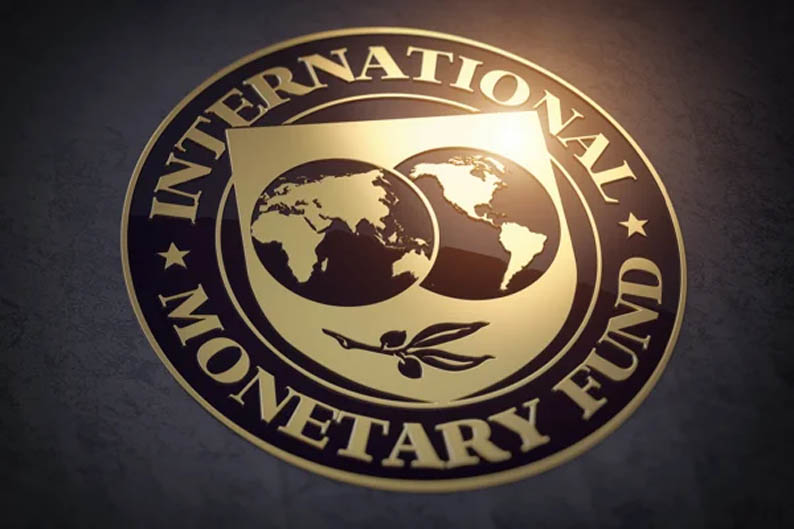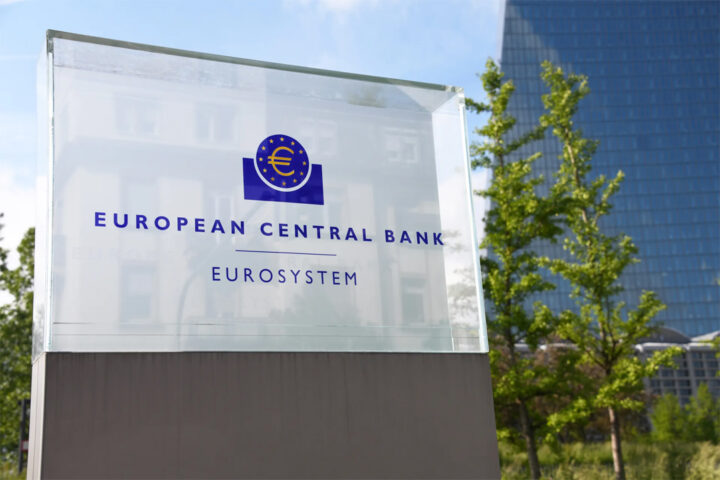By Craig Erlam
Equity markets are bouncing back on Tuesday after a risk-averse start to the week, buoyed perhaps by some promising Fed commentary on Monday.
It would appear the recent surge in bond yields hasn’t gone unnoticed at the U.S. central bank, to the extent that Federal Reserve officials are coming across as less hawkish.
Higher yields have been cited by various policymakers in what appears to be a sign that they are a little uneasy about how much influence recent commentary has had.
While the Fed had previously signalled that another rate hike is likely in the tightening cycle, the central bank is ultimately data-dependent and won’t want markets getting too carried away.
It’s a tough balancing act and inflation data will be released on Thursday which should provide further clarity again after Friday’s mixed jobs report.
It is perhaps a little surprising that markets have bounced back as quickly and strongly as they have, given the clear risk aversion we saw at the start of the week. Hamas attacks in Israel created uncertainty around the Middle East and investors will no doubt continue to monitor the situation very closely.
In light of the Fed commentary on Monday and how it’s contributed to the turnaround in the markets, there’ll be a lot of focus on further appearances Tuesday including Raphael Bostic, Christopher Waller, Neel Kashkari and Mary Daly from the Fed, and Christine Lagarde, President of the ECB.
IMF sees lower growth, higher inflation
The IMF released its world economic outlook Tuesday morning and there weren’t too many surprises in its forecasts. The global economy is expected to grow by 3% this year, unchanged from the July forecasts, and 2.9% next year, down 0.1% from previously.
The U.S. saw its growth forecast raised to 2.1% this year and 1.5% next, while China and the eurozone were less fortunate, seeing cuts in both years. The UK saw its 2023 forecast revised higher by 0.1% to 0.5%, but 2024 was slashed from 1% to 0.6%.
It also revised its global inflation forecast to 5.8% next year, from 5.2% in July, which may suggest it expects central banks to maintain a more restrictive policy for longer.
All things considered, there are no major surprises in the forecasts and given the immense uncertainty and constantly changing landscape, things will look very different again when the next set of forecasts are released in a few months.
Oil impacted by war in Israel and Gaza
Oil prices will likely remain very sensitive to events in Israel and Gaza, not to mention how other countries in the Middle East respond to the attacks.
Iran has been accused of assisting in the attack, which it denied, while supporting those that carried it out. With many other major oil-producing nations in the region, traders will be on high alert for any escalation and what the knock-on effects will be.
Brent crude has partially pared its gains at the start of the week, but remains around 4% above Friday’s close so traders are clearly anxious. Price action will likely remain volatile over the coming days due to the risk of significant escalation.
Brent remains more than 7% from the highs a couple of weeks ago and it will be interesting to see whether this gap closes further after the sharp correction that followed those highs.
Gold pares gains as risk appetite improves
Gold rallied strongly at the start of the week in risk-averse trade, with traders drawn to traditional safe-haven assets in times of geopolitical risk and heightened uncertainty. This followed a decent rally off the lows on Friday as well, taking the rebound to around 3%.
The question now is whether there’s more of a correction on the cards, especially if we continue to see more balanced commentary from Fed officials.
It’s already run into some resistance – perhaps some profit-taking – just above $1,860 around the 38.2% Fibonacci retracement level – 20 September highs to October lows. If it does push higher, the 50% and 61.8% levels fall close to $1,880 and $1,900, which will make those levels interesting as well.
Craig Erlam is Senior Market Analyst, UK & EMEA at OANDA
Opinions are the author’s, not necessarily that of OANDA Global Corporation or any of its affiliates, subsidiaries, officers or directors. Leveraged trading is high risk and not suitable for all. Losses can exceed investments.







